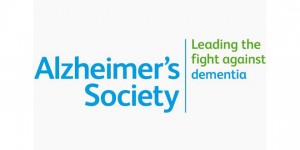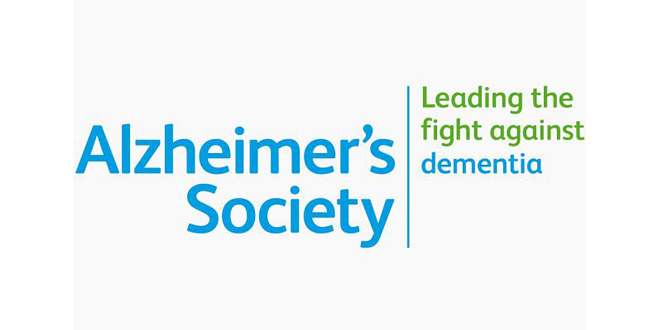Signs Of Dementia Detected At Christmas – Demand For Support From Alzheimer’s Society Soars After The Festive Period
 New research shows confusion over dementia signs and long waits to seek help.
New research shows confusion over dementia signs and long waits to seek help.
At Christmas, when people spend a lot of time together with family or friends whom they haven’t seen for a while, they are more likely to notice changes that could be signs of dementia.
Alzheimer’s Society Helpline calls increase by a staggering 60 per cent (Dec 2014 – Jan 2015) from people seeking advice and support after the festive season, many of whom are worried about what could be signs of dementia. Website traffic rises by almost 30 per cent.
Today, the charity cautions that there needs to be greater understanding about the signs that could indicate dementia. New research launched by Alzheimer’s Society shows that many people are confused over what could be a sign of dementia and what is more likely to be general absent-mindedness.
Many did recognise that repeatedly forgetting names of family members and everyday objects could be a sign of dementia (72%). But nearly two thirds (63%) also thought putting everyday objects in the wrong place (e.g. a mug of tea in the cupboard) could mean someone has dementia.
Absent-minded mistakes are relatively common but when a person shows confusion around the order in which day to day tasks are carried out, such as the order in which you make a cup of tea, this could indicate a sign of dementia.
The survey also found that people are reluctant to speak to a loved one about their concerns, with only a third (38%) saying that they would feel confident starting a conversation about dementia with someone they were concerned about.
This was confirmed by a separate survey of people affected by dementia which showed that worryingly, over half (56%) waited at least six to twelve months after noticing dementia symptoms before seeking help. Nearly a third (30%) waited over a year or more.
Talking about dementia can be frightening, but seeking help early offers the best chance of getting the right support, advice and treatment.
Jeremy Hughes, Chief Executive of Alzheimer’s Society, said: “We know dementia is the most feared illness for many, and there’s no question that it can have a devastating impact on people, their family and friends. It’s important we tackle confusion around what are and aren’t signs of dementia, and help give people confidence in approaching loved ones about their concerns so people don’t delay getting help. Dementia can strip you of connections to the people you love, but we have many services that can help stop that and support you.”
Confusion over signs of dementia (from survey)
- Many people thought that forgetting why you have walked into a room (39%) might be a sign, which could happen to anyone. For a person with dementia, it isn’t so much why they walked into a room that is troubling but the room itself seeming unfamiliar
- Only 39% of people felt compulsive or repetitive behaviour could be a sign of dementia. However, a change in behaviour showing repetitive, compulsive or ritualised behaviours, which can include repeated use of phrases or gestures, or repeatedly asking the same question, can be a sign of dementia
- 37% thought occasionally forgetting the name of a person, thing or place was a possible symptom – more likely to be a product of an ageing memory, whereas only a third (33%) were aware that mispronouncing words or stuttering could be a sign
- Only half (50%) recognised that losing interest in things you once enjoyed and were good at could be a warning sign. While everyone can make a rational decision to take on less, it’s when a person’s demeanour or attitude towards something they once enjoyed changes that could indicate a sign of dementia
Alzheimer’s Society Ambassador, Sir Tony Robinson (Blackadder, Time Team) said: “The first sign of dementia I recall Dad having was when he got very upset because he wanted the handles of all the tea cups in the house facing north-northeast. My Mum got upset because she had no idea what north-northeast was.
I was unable to cope and approached the whole issue with terror and confusion but that was over twenty years ago and no one I knew was any more clued up about dementia than I was.”






